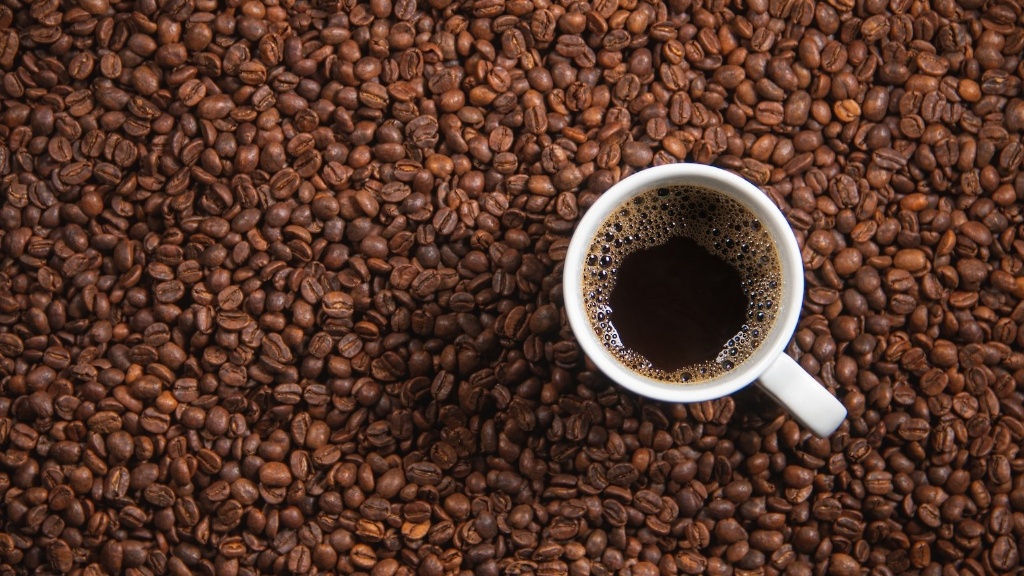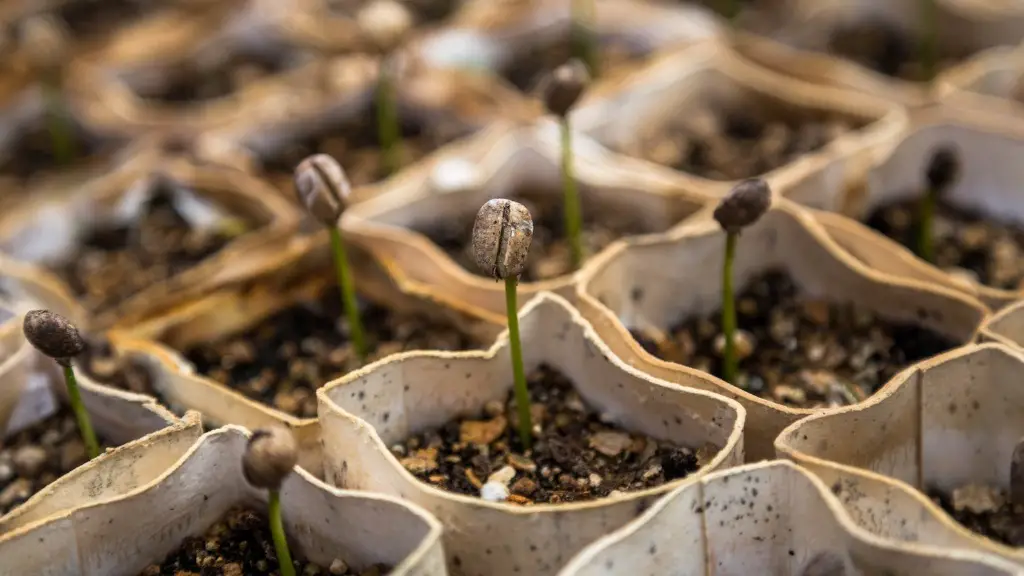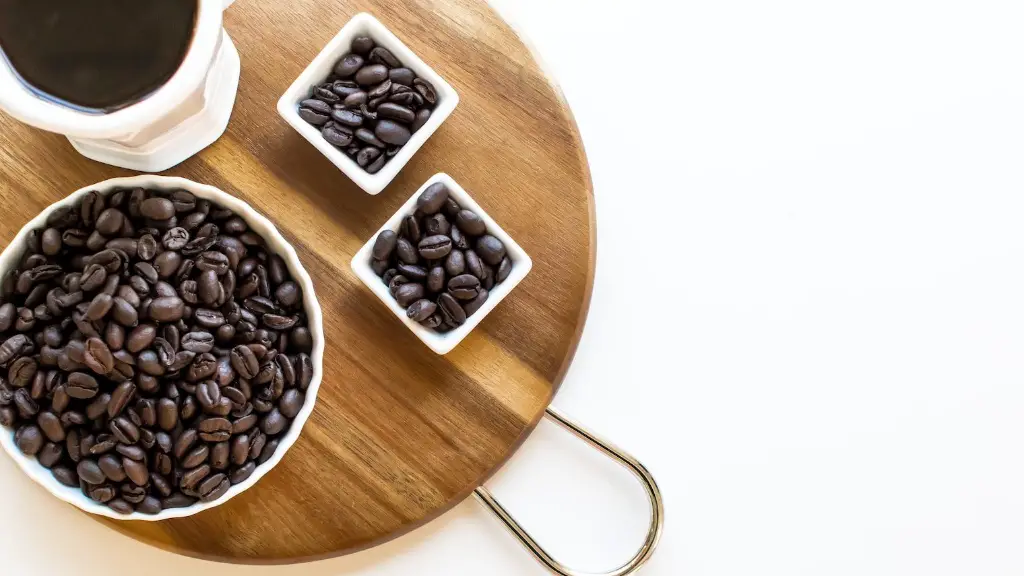Have you ever wondered how much coffee to drink in the morning? Many of us rely on coffee to get us through our day, but it can be tricky knowing how much is too much – or too little. While everyone has their own individual coffee preferences and needs, it’s possible to come up with general guidelines for coffee consumption.
There is no hard and fast rule as to how much is the right amount of coffee, but according to the World Health Organization, adults should cap their coffee at four cups per day. However, according to the Harvard School of Public Health, women who are pregnant can drink up to two cups of coffee per day, while people with existing medical conditions, such as high blood pressure, might be advised to keep their coffee intake to a minimum.
One of the biggest concerns with drinking too much coffee is that it can lead to dehydration. Coffee is a diuretic, so it will cause you to excrete more liquid than you consume. This means that if you drink four cups of coffee each daily, you will become dehydrated if you’re not drinking the equivalent amount of water to compensate.
However, such concerns are unlikely to be an issue for most adults, who drink an average of three and a half cups of coffee every day. Indeed, according to the Journal of Nutrition, among adults aged 30 to 45, drinking up to three to four cups of coffee per day appears to have little effect on health, provided that they consume no more than 800 milligrams of caffeine each day.
Coffee also has several benefits, such as providing several protective antioxidants, reducing inflammation and improving cognitive function. As such, many experts recommend drinking a cup of coffee in the morning as a way to start the day off right. But if you’re drinking more than four cups of coffee per day, it’s important to make sure you’re moderating your intake, as drinking too much can lead to jitters, headaches, insomnia, and other unpleasant side-effects.
How Much Caffeine is in a Cup of Coffee?
Coffee contains caffeine, a naturally occurring stimulant. The amount of caffeine in a cup of coffee can vary, depending on the type of coffee, where it’s from, and the brewing method. Generally, espresso contains the most caffeine, followed by drip coffee and then instant coffee.
Different brewing methods also affect the caffeine content. For instance, an espresso shot brewed in a home machine has about 63 milligrams of caffeine, while a cup of coffee brewed with a French press has 200 milligrams of caffeine. The more coffee grounds used, the higher the caffeine content.
With this in mind, if you want to keep your coffee consumption to a sum of 400 milligrams of caffeine per day, it’s important to be aware of how much caffeine is in your coffee. Fortunately, most coffee shops provide information on the caffeine content of their coffees, making it easy to monitor your intake.
The Pros and Cons of Drinking Coffee
As mentioned previously, coffee has several health benefits, including antioxidants and anti-inflammatory properties. It can also increase alertness and focus, making it ideal for those who need to be productive during the day.
On the other hand, drinking too much coffee can lead to restlessness, insomnia and increased levels of stress. In addition, coffee can lead to increased levels of cortisol, a hormone that’s released in response to stress. These cortisol spikes can lead to anxiety over the long-term, so it’s important to pay attention to how much you drink.
Furthermore, according to the American Heart Association, drinking high amounts of coffee – more than four cups a day – can increase blood pressure and put extra strain on the heart. Therefore, if you’re looking to limit your coffee consumption, try sticking to just one or two cups a day.
Alternatives to Coffee
If you’re not a fan of coffee or you’re looking for a way to get an energy boost without the caffeine, there are several alternatives you can consider. For instance, you could try herbal teas, such as green tea and chamomile, or a cup of hot water with a touch of freshly squeezed lemon juice.
You can also opt for energy-boosting snacks, such as a handful of almonds or a banana. Both help to give you a natural energy boost and contain important nutrients, such as magnesium and iron.
In addition, if you’re looking for a little more flavor, try a green smoothie with fresh spinach, green apples, a frozen banana and a touch of honey. This is a great way to get your daily quota of fresh fruits and vegetables, including essential vitamins, minerals and antioxidants.
Recommendations for Coffee Lovers
If you’re a coffee lover and you don’t want to give up your daily jolt of java, there are several ways to enjoy coffee without having to worry about going overboard. First and foremost, try to limit your intake to one to four cups of coffee per day and make sure to incorporate plenty of water and other drinks into your daily routine.
You could also add some milk or coconut milk to your coffee, as this will reduce the level of acidity and make the beverage easier on your stomach. Additionally, you could try some caffeine-free alternatives, such as a decaffeinated cup of coffee or a herbal tea.
Finally, it’s important to recognize that everyone has different needs and preferences when it comes to coffee. Therefore, the best rule of thumb is to listen to your body and drink in moderation – that way, you can enjoy all the benefits of a cup of coffee without overdoing it.
Different Types of Roasted Coffee
If you’re looking to switch things up a little, there are several types of roasted coffee available, such as light roast, medium roast, and dark roast. Light-roasted coffee tends to have a light and fruity flavor with a slightly acidic finish, while medium-roasted coffee has a balanced flavor with hints of cocoa. Dark-roasted beans tend to have a rich taste and a slightly smoky finish.
The roasting process also affects the caffeine content of the beans. Generally, light roasted beans contain more caffeine than dark roasted beans, and the longer the beans are exposed to heat and air, the more caffeine they lose. Therefore, if you want to cut back on your caffeine intake, you might want to try some dark-roasted beans.
Ultimately, the type of roast you choose is a matter of personal preference, so experiment with different roasts and brewing methods to find the one that best suits your taste.
Health Benefits of Drinking Coffee
Despite the concerns about drinking too much coffee, research suggests that there are several health benefits associated with moderate coffee consumption. For example, coffee helps to protect against liver diseases, such as cirrhosis and hepatocellular carcinoma. It can also reduce the risk of certain types of cancer, such as colorectal and prostate cancer, and lower the risk of stroke.
Coffee also helps to protect against Alzheimer’s disease and dementia, as well as type 2 diabetes. In addition, it can reduce the risk of Parkinson’s disease, depression, and cognitive decline. All in all, the evidence suggests that drinking moderate amounts of coffee each day can be beneficial for your health.
Conclusion
Overall, drinking coffee in moderation can provide various benefits to your health, but it’s important to pay attention to your daily intake. Different types of coffee also contain different amounts of caffeine, so it’s important to monitor your intake. Additionally, there are several alternatives to coffee, so if you’re looking to cut back on your coffee consumption, experiment with different drinks and snacks.





